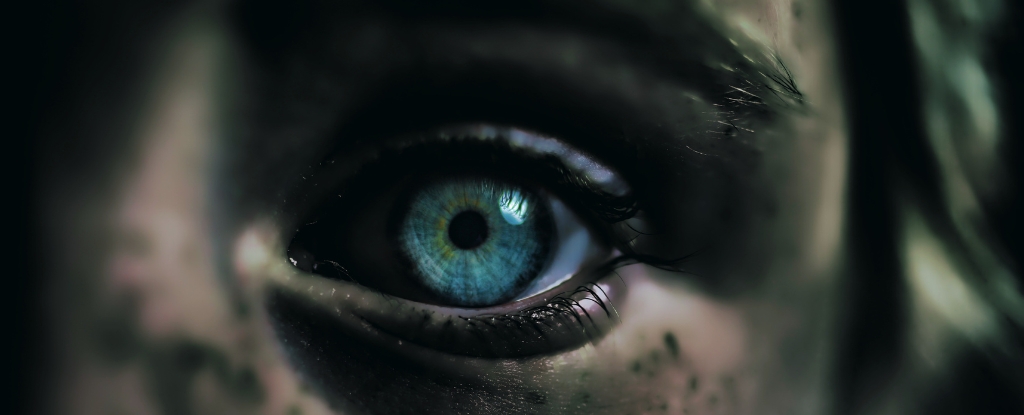Nightmares could be an early warning system for the onset of autoimmune disorders in the brain.
A new study led by University of Cambridge public health researcher Melanie Sloan has found that bad dreams are one of the most common and early signs of a lupus flare-up.
In an online survey of 676 patients with lupus – technically known as systemic lupus erythematosus (SLE) – roughly a third of patients reported disrupted dreams in the year before other disease symptoms emerged.
The findings add to anecdotal reports that dreams and the brain’s immune system are somehow intertwined.
“We have long been aware that alterations in dreaming may signify changes in physical, neurological and mental health, and can sometimes be early indicators of disease,” says neurologist and study author Guy Leschziner from Guy’s and St Thomas’ Hospitals in London.
“However, this is the first evidence that nightmares may also help us monitor such a serious autoimmune condition like lupus, and is an important prompt to patients and clinicians alike that sleep symptoms may tell us about impending relapse.”
SLE is a lifelong autoimmune disease of unknown cause that most often starts between the ages of 15 and 45. Every few years or so, it triggers intermittent flare-ups of painful joints, fever, chest pain, fatigue, or hair loss.
Not everyone with SLE develops neuropsychiatric symptoms during these flares. But for the roughly 40 percent who do, diagnosis and treatment is challenging, as symptoms like nightmares and hallucinations are subjective and many patients are hesitant to discuss them.
People with autoimmune diseases of the brain often experience vivid dreams that are emotionally charged, but these cognitive symptoms have tended to slip under the radar.
Recently, however, studies have shown that many who go on to develop Parkinson’s disease (which is linked to autoimmune issues) are beset by distressing dreams for up to a decade before diagnosis.
Nightmares are also potentially predictive of dementia, which again, is linked to the immune system. And some patients with multiple sclerosis say their dreams turn nasty before a flare-up.
The same now appears to be true for some people with lupus.
As well as the online survey, researchers conducted personal interviews with 69 people living with systemic autoimmune rheumatic disease, including lupus.
One respondent said their bad dreams during a lupus flare were so “horrific” that they saw “skin coming off people”. “I think the more stress my body is under then the more vivid and bad the dreaming would be,” they told researchers.
Another patient had a similar theory: “I came to the conclusion that [the nightmares are] probably me fighting my own system,” they said.
Seeing as these experiences can be so emotionally charged, the researchers gently introduced hallucinations to the conversation by asking about ‘daymares’ – and some patients knew immediately what they were referring to.
“As soon as you said [daymare] it just made sense,” one participant said. “It’s like, not necessarily scary; it’s just like you’ve had a dream and yet you’re sitting awake in the garden… it’s like feeling really disorientated. The nearest thing I can think of is that I feel like I’m Alice in Wonderland.”
Just before experiencing these daymares, the online survey found over 60 percent of respondents reported increasingly disrupted night-time dreaming.
Such findings support recent clinical observations made by two of the study authors, Sloan and rheumatologist David D’Cruz from Kings College London, who noted that asking lupus patients about nightmares “elicits a startling response”.
“For many years, I have discussed nightmares with my lupus patients and thought that there was a link with their disease activity,” says D’Cruz of the new findings.
“This research provides evidence of this, and we are strongly encouraging more doctors to ask about nightmares and other neuropsychiatric symptoms.”
The team also surveyed clinicians on their understanding of lupus. Only one rheumatologist had considered dreams to be potentially related to lupus flares, but the majority of experts were open to asking patients about their nightmares to possibly catch and treat flares earlier.
Our dreams really could be telling us something. Even scientists suspect it.
The study was published in eClinicalMedicine.





